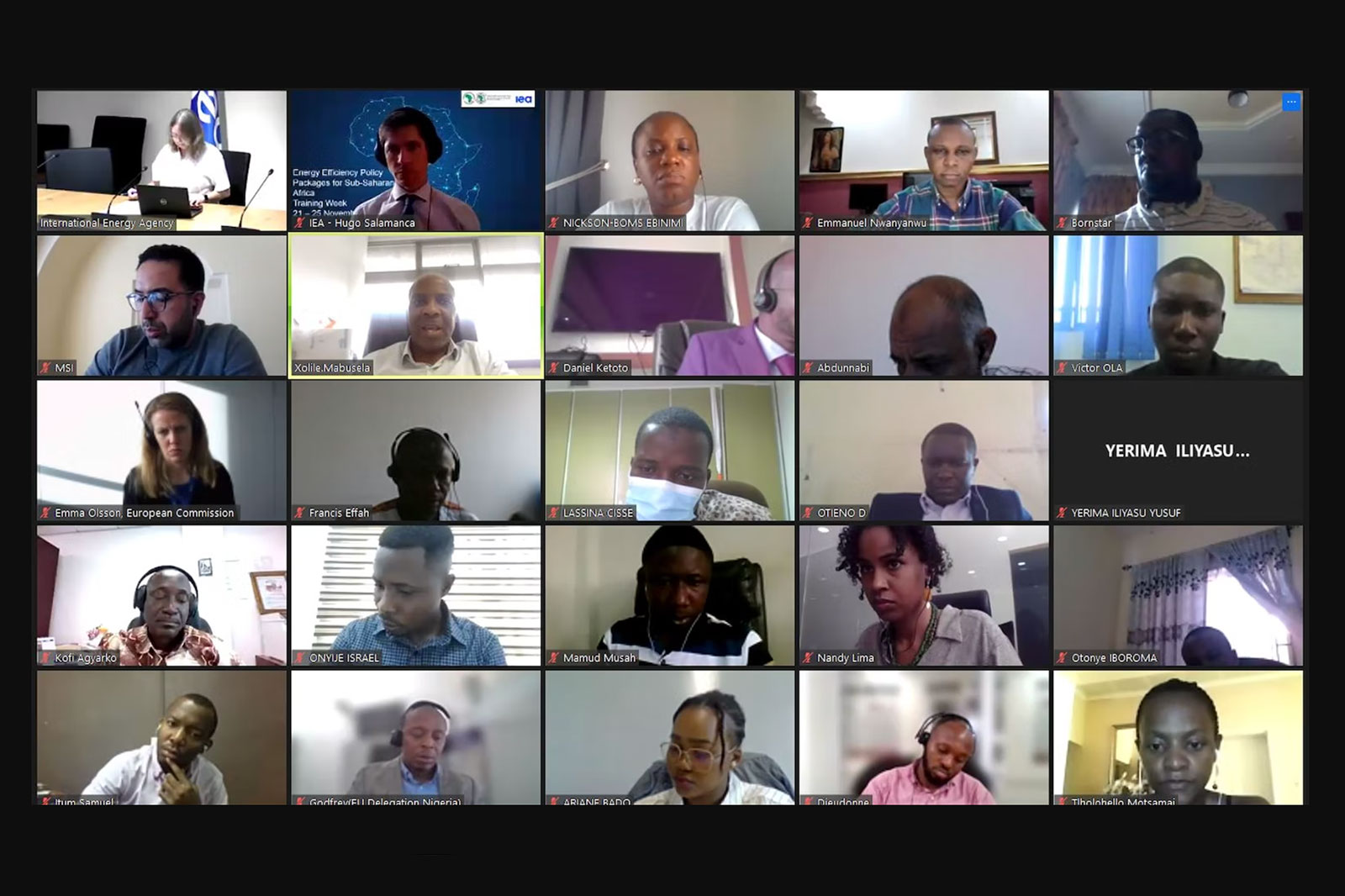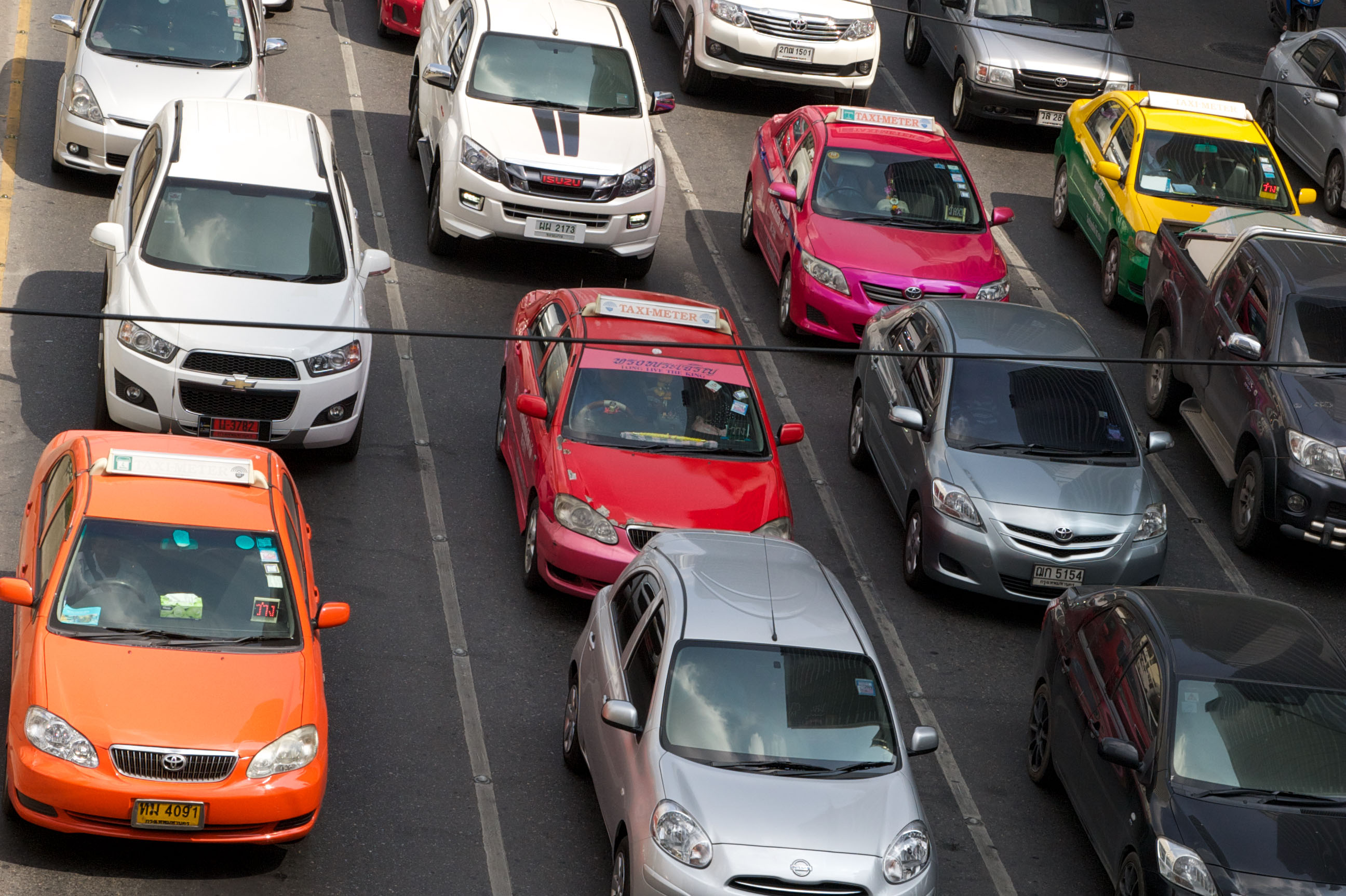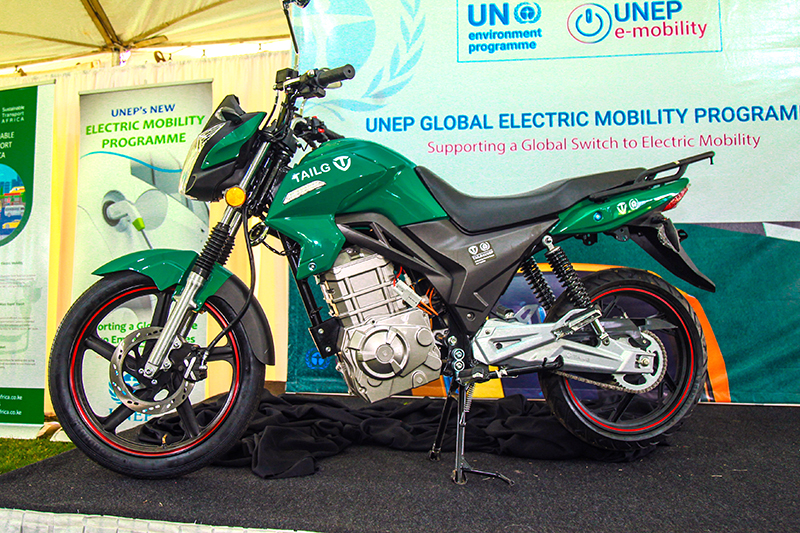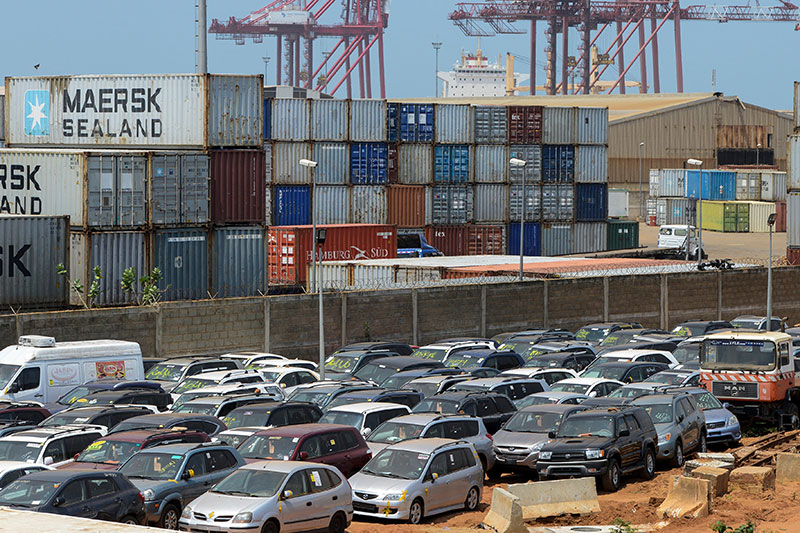Ghana Launches Global Fuel Economy Initiative
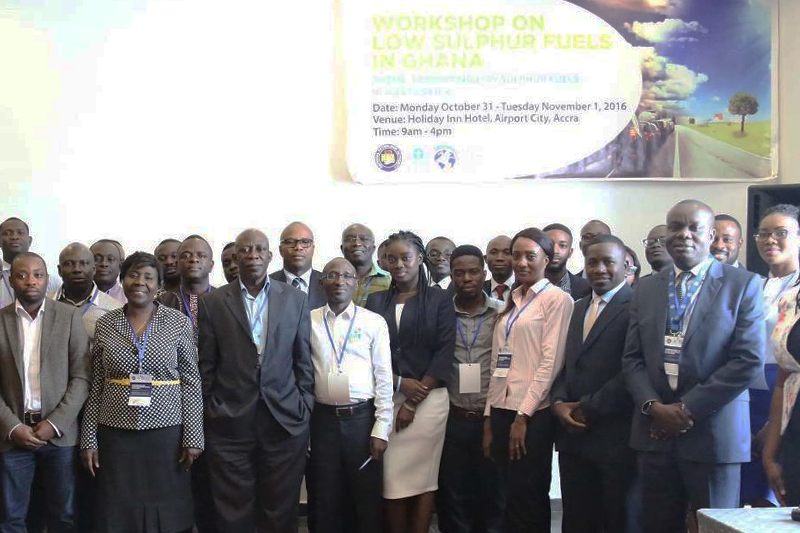
On 1st November 2016, Ghana launched the Global Fuel Economy Initiative at a national workshop in Accra. The workshop, organized by the Ghana National Petroleum Authority, brought together stakeholders to discuss clean vehicles and fuels as part the country’s strategy to low emission transport. The workshop was opened by Hon. Mahama Ayariga, the Minister for Environment, Science, Technology and Innovation and the Hon Benjamin Dagadu, Deputy Minister for Petroleum. Also in attendance was the CEO of the National Petroleum Authority Dr. Moses Asaga, and representatives from UN Environment, the West Africa Regional Economic Community and Nigeria.
In their speeches, the Ministers spoke of their commitment to the introduction of cleaner fuels and the critical role that Ghana’s NAMA will play in meeting the climate agreement. Ghana will now commence data collection and analysis of vehicles imported into the country to determine the average fuel economy of the country and trend. Ghana is one of the 13 new African countries that are being supported to develop fuel economy baseline inventory following additional GFEI funding commitments by the FIA Foundation and the European Union at the COP21. Fuel economy activities in Ghana will be coordinated by the Ghana Environmental Protection Agency.
Today, Ghana has about 2 million vehicles with an average age of 14.2 years. 60% of the country’s vehicles are to be found in the Greater Accra region. Just like in most of Sub-Saharan African countries that have low motorization rates but a significant vehicle growth rate, the vehicle ratio to population in Ghana has also seen increasing fast from 50 vehicles per 1,000 people in 2010, to about 70 vehicles per 1,000 people in 2015.
In addition to recommending low sulphur diesel standards for Ghana from early next year, the meeting made significant proposals that will support import of cleaner and efficient vehicles. Some of the proposals recommended by the meeting include reducing taxes for cleaner and efficient vehicles, and reviewing registration and annual license fee for low emission vehicles.
To read a summary report on the two-day workshop please click here.
